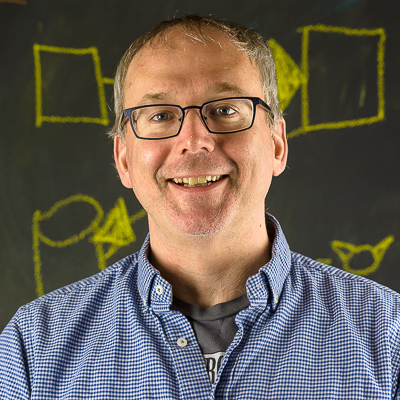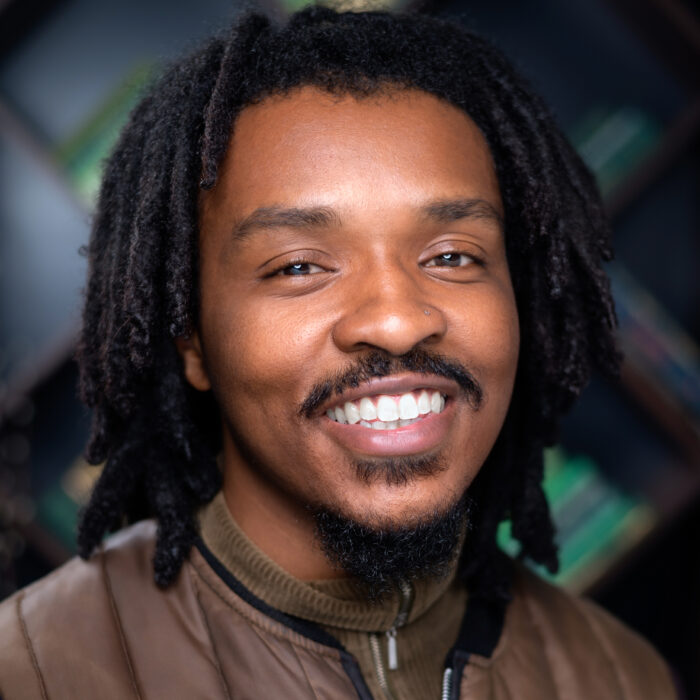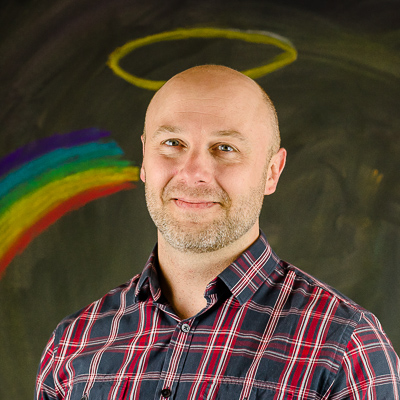Cape to Cairo
Curating a Transcontinental Collection
In 1953, Lydia Luhman Pederson, a resident of Caledonia, Illinois, traveled from Cape Town, South Africa to Cairo.
Along her transcontinental journey, Pederson shot movies, crafted a photo album scrapbook, and collected one-of-a-kind objects that are currently housed in the Herskovits Library of African Studies at Northwestern University. The Herskovits Library seeks to create a digital exhibition integrating emerging and engaging technologies to animate these objects and media.
Faculty and Staff Leads
Project Details
2022 Fall
Cape to Cairo
Description
For this Knight Lab Studio project, students will partner with the Herskovits Library and NUIT’s Media & Technology Innovation group to curate this special collection for public and academic audiences. The project provides the opportunity explore digital curation and information design approaches to create a clear and engaging guide to the collection. It also offers the opportunity to investigate and operationalize immersive storytelling techniques such as 3d photogrammetry, virtual reality and GIS mapmaking. Within this early stage of project development, student groups will be encouraged to highlight the themes that they find most captivating, such as: postcolonialism, environmental ethics, globalization, virtual materiality, 20th century capitalism, fashion and design, and technology.
Important Questions
- What stories are embedded within these objects and media?
- How can emerging technologies be used to present the vibrancy of African pasts?
- How should we confront the ethics of colonial-era collections?
- How can these objects and media be used for public education?
- How can digital curation and digitization make museum collections more accessible and engaging?
Sample Milestones
- Week 1-2: Meet with Project Leads; begin brainstorming storytelling strategies; start developing a curation/creation plan for two items from the collection.
- Week 3-6: Document and digitize collections; UX/UI research; early-stage prototyping.
- Weeks 7-10: Finalize prototypes; develop research progress report and present prototype(s) to partners.
Outcome
At the conclusion of the course, students will present prototypes for a digital presentation of the Cape to Cairo collection. Some participating students may be invited to continue developing the project with Media & Technology Innovation.
Links
- Burial record for Lydia Luhman Pederson
- Photos of items from the Cape to Cairo collection
- A description of her community viewing event in the Journal of the Illinois State Historical Society
- Digital Exhibits from the Colored Conventions Project
- Gallon - Making a Case for the Black Digital Humanities
- Photogrammetry process notes from NUIT Media & Technology Innovation
Students
2023 Spring
Cape to Cairo Revisited
Description
For this continuing Knight Lab x Media & Technology Innovation (MTI) project, students will build on the proposal of the previous quarter to research and curate the Pedersen collection for public and academic audiences.
Important Questions
- What stories are embedded within these objects and media?
- How can emerging technologies be used to present the vibrancy of African pasts?
- How should we confront the ethics of colonial-era collections?
- How can these objects and media be used for public education?
- How can digital curation and digitization make museum collections more accessible and engaging?
Sample Milestones
- Week 1-2: Collections Viewing & F22 Proposal Review Session/Desk Research (Herskovits); Emerging Tech Lab Demo (MTI)
- Week 3-5: UX/UI Workshop; Document and/or digitize collections
- Week 6-8: Prototype Production
- Week 9-10: Develop research progress report and present prototype to partners.
Outcome
At the conclusion of the course, students will present a prototype or minimum viable product for inclusion in the Cape to Cairo exhibition. Some participating students may be selected to continue developing the project with MTI and the Herskovits.



